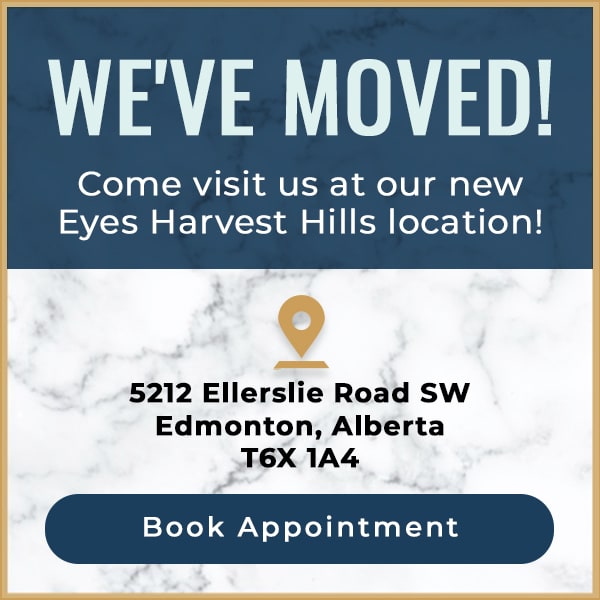Dry eye, also known as dry eye syndrome, is a condition in which the eyes do not produce enough tears to keep them lubricated. This can lead to discomfort, irritation, and vision problems if left untreated.
While dry eyes can cause significant discomfort and may impact vision, they typically do not lead to blindness. Chronic dry eye can result in damage to the surface of the eye and may increase the risk of eye infection or corneal inflammation. However, it’s rare for dry eyes to cause permanent vision loss.
Potential Causes of Dry Eyes
There are several factors that can contribute to dry eyes, including environmental factors, lifestyle habits, and underlying medical conditions. Some common causes include:
- Age: As we get older, our bodies produce fewer tears and the tear film becomes less effective at keeping the eyes lubricated.
- Certain medications: Some medications, such as antihistamines, decongestants, and antidepressants, can cause dry eyes as a side effect.
- Medical conditions: Conditions such as diabetes, rheumatoid arthritis, thyroid disorders, and Sjogren’s syndrome can all contribute to dry eyes.
- Environmental factors: Dry air, high altitude, and exposure to smoke or wind can all dry out the eyes.
- Extended screen time: Staring at a computer or phone screen for extended periods can cause reduced blinking and lead to dry eyes.
Symptoms of Dry Eyes
The symptoms of dry eyes can vary from person to person, but some common signs include:
- A gritty or sandy sensation
- A burning or stinging sensation
- Redness and irritation
- Excessive tearing (as a response to dryness)
- Blurred vision
- Sensitivity to light
If you’re experiencing any of these symptoms, see an eye doctor for an evaluation. They can assess your tear production and recommend appropriate treatment options.
Treatment Options for Dry Eyes
The treatment for dry eyes depends on the severity and underlying cause of the condition. Some common treatments include:
- ZEST: This is an in-office procedure that is usually performed by an optometrist or optometric assistant. It’s a procedure that involves applying gel to the eyelid margins and lashes with a sterile foam swab. The optometrist then uses the swab and gel to manually deep clean the eyelid and eyelash area.
- LipiFlow Treatment: This is a noninvasive, FDA-approved treatment that uses thermal pulsation technology to apply gentle heat and pressure to the eyelids. This helps to unclog blocked oil glands and improve tear production.
- Intense Pulsed Light (IPL) Therapy: This treatment involves using pulses of light to stimulate the production of oil in the eye glands, helping to alleviate dryness and improve the overall health of your tears.
- Low Light Level Therapy (LLLT): This emerging treatment uses low levels of light therapy to stimulate the production of tears and improve overall eye health.
- Omega-3 supplements: Research suggests that incorporating omega-3 fatty acid supplements, commonly found in fish oil, into your diet can potentially enhance tear quality and reduce dry eye symptoms over time.
Prevention Tips for Dry Eyes
While dry eyes can be a chronic condition, there are steps you can take to prevent or reduce symptoms.
- Remember to blink regularly: Consciously make an effort to blink more often, especially when spending long periods in front of screens. This simple action can help prevent dry eyes and maintain eye health.
- Take breaks from screen time: It’s essential to remember to take frequent breaks, ideally every 20 minutes, when engaged in screen use for extended periods. Use these breaks to focus on distant objects and give your eyes a rest.
- Adjust your workplace environment: Positioning your computer screen below eye level and at a comfortable distance can significantly reduce eye strain. Additionally, ensure your workspace is well-lit and free from glare.
- Shield your eyes from wind and dust: When outdoors, especially in windy or dusty conditions, wear sunglasses or goggles to shield your eyes from irritants that can cause discomfort and potential damage.
- Stay well-hydrated: Drink plenty of water throughout the day to keep your eyes properly lubricated and prevent dryness. Dehydration can contribute to dry eye symptoms, so maintaining good hydration levels is crucial for eye health.
- Avoid irritants: Steer clear of smoke, air pollution, and other irritants that can exacerbate dry eye symptoms. By minimizing exposure to these triggers, you can help maintain optimal eye comfort and health.
Combat Dry Eyes & Enhance Eye Health at Eyes Harvest Hills
Dry eyes can be a chronic and uncomfortable condition, but with proper management and prevention techniques, your symptoms can be reduced or eliminated. If you experience persistent dryness or discomfort in your eyes, consult with an eye doctor for an accurate diagnosis and treatment plan.
At Eyes Harvest Hills, our team can provide comprehensive eye exams and personalized solutions for dry eyes. Don’t let dry eyes hold you back from enjoying all that life has to offer. Reach out to us today to schedule an appointment and start taking steps toward healthier, more comfortable eyes.




